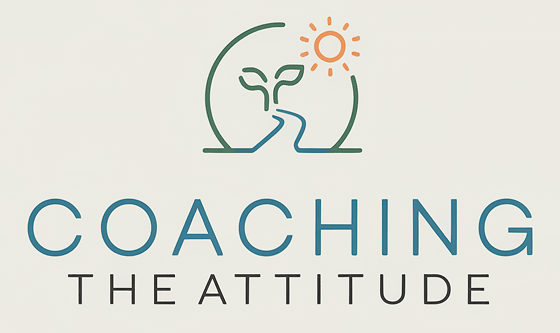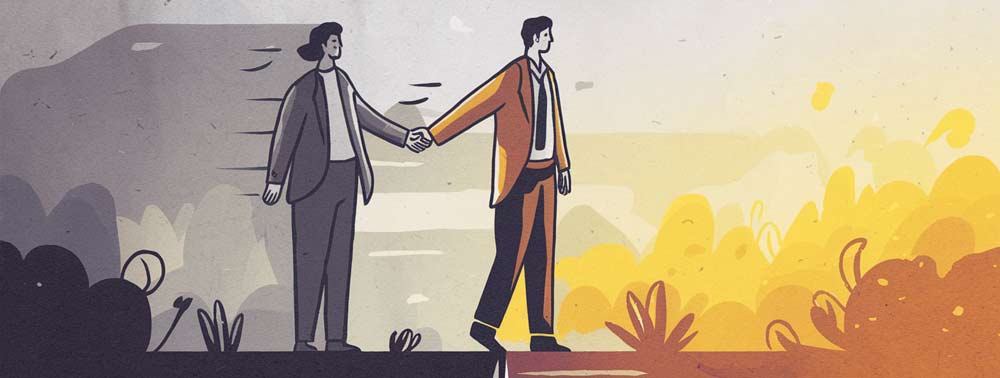Coaching… has many facets — the client (or clients if it is couples coaching or group coaching) comes to the coach:
- to improve performance
- to try new approaches
- to become more consistent
- to strengthen your attitudes
- to develop a plan
- to get out of a slump
- to overcome adversity
- to gain more effective communication skills
- to rise to the occasion
- to achieve your goals
- to stop procrastinating
- to be the best you possibly can
People come to a coach for many different reasons in this game of life. Some people are playing the health and wellness game, others are playing the career transition, business building, personal foundation, conflict management, creative expression, or loving partner game.
When people think of coaching, they often think of motivation. This may go back to early experiences with athletic coaches. Some of these coaches gave us a kick in the pants when we didn’t try hard enough, others were huggers, giving us the encouragement to believe in ourselves, to persist in our efforts. The problem with motivation is that it is external.
To motivate means to ‘provide with a motive — to move, impel, induce, incite’.
From that point of view even the worst of tyrants can be said to motivate others. The movement is from the outside in. As soon as the tyrant is toppled, however, the motivation ceases. That’s why great coaching focuses more on inspiration than on motivation.
To inspire means to ‘draw forth — elicit, arouse, become enthused, breathe life into’.
Inspiration is a movement from the inside out. Once we become inspired, the shift can endure forever and to inspire someone requires active imagination, values clarification, gift giving and intuition.
A good coach understands…
- that listening is more important than talking
- what motivates people
- that everyone is capable of achievement
- that a person’s past is no indication of their future
- That people limit themselves through their beliefs about what is possible
- That a coach is 100% supportive
- That a coach is never critical
- That all coaching is 100% confidential
- That they (the coach) will always refer a client on, whose needs will not be served by coaching
How long?
Some people work with coaches for a few months. They deal with one piece of the puzzle that particularly interests them, and then move on. Other people work with coaches for years, because they find they do better with a routine and a partner. The routine may be as important as the partner. In our fast-paced world, many people find it difficult to stop the action long enough to step back and look at what is going on. The discipline of weekly or fortnightly calls or meetings, together with the preparation for that call, enables a person to become more reflective and to make more progress in the development of their lives, and the coach puts the magic into the routine.
It’s all about you
Clients look forward to showing up because they know the conversation will be positive and will generate new ideas for action and awareness. Most coaching sessions end with two types of homework. Some are action steps; others are reflective steps.
This can effect changes in attitude, perspective and habits, designed to increase awareness around those action steps that create choices. This brings about real-time adjustments through the time-honored process of trial and correction.
The coaching models
Whether the coaching model is one-on-one, couples coaching, or group coaching, the process is similar, although the dynamic will be different.
Couples coaching provides a safe and comfortable environment in which to explore your relationship, strengthen it and take it to new heights in areas of communication, perspective and understanding.
Group Coaching… also provides a neutral and comfortable environment in which to explore options which are being faced by a number of people, e.g. in a time of transition. Not only is the coach there, providing coaching into particular scenarios, but there is the wisdom of the whole group who are facing similar challenges, providing examples and input in how they look at these challenges in the bigger picture.
also provides a neutral and comfortable environment in which to explore options which are being faced by a number of people, e.g. in a time of transition. Not only is the coach there, providing coaching into particular scenarios, but there is the wisdom of the whole group who are facing similar challenges, providing examples and input in how they look at these challenges in the bigger picture.
Coaching is not
There is often confusion with coaching, counselling, consulting and mentoring. While they all have some common links each one addresses a different need.
Counselling often looks to the past in order to discover, heal and understand. Coaching, on the other hand, looks to the future in order to make a good life even better. Coaching is not about how you came to be who you are — it’s about getting you from where you are now to a future you want.
Consulting is where an expert dispenses advice and has the answers and solutions. The consultant holds the agenda, communicates knowledge and offers suggestions to improve effectiveness. Coaches act on the basis that the definitive expert regarding your life and work is you.
Mentoring is where the mentor often has many more years of experience, and acts as a role model. The client sees attributes, qualities or abilities in the mentor that they wish to learn or emulate. Coaching is a partnering of two equals that focuses on the unique and intrinsic qualities already within the client, that the client may not be aware of, recognize or appreciate. The coach helps the client to connect with these qualities.
Coaching helps you clarify your path rather than define it for you — with coaching you develop your own unique way.

